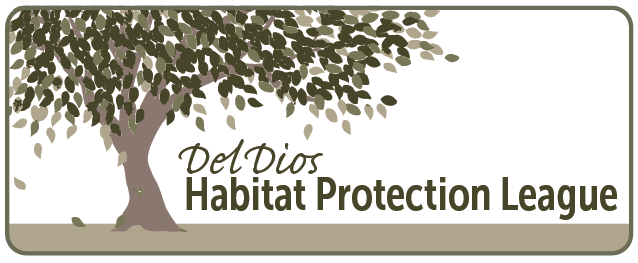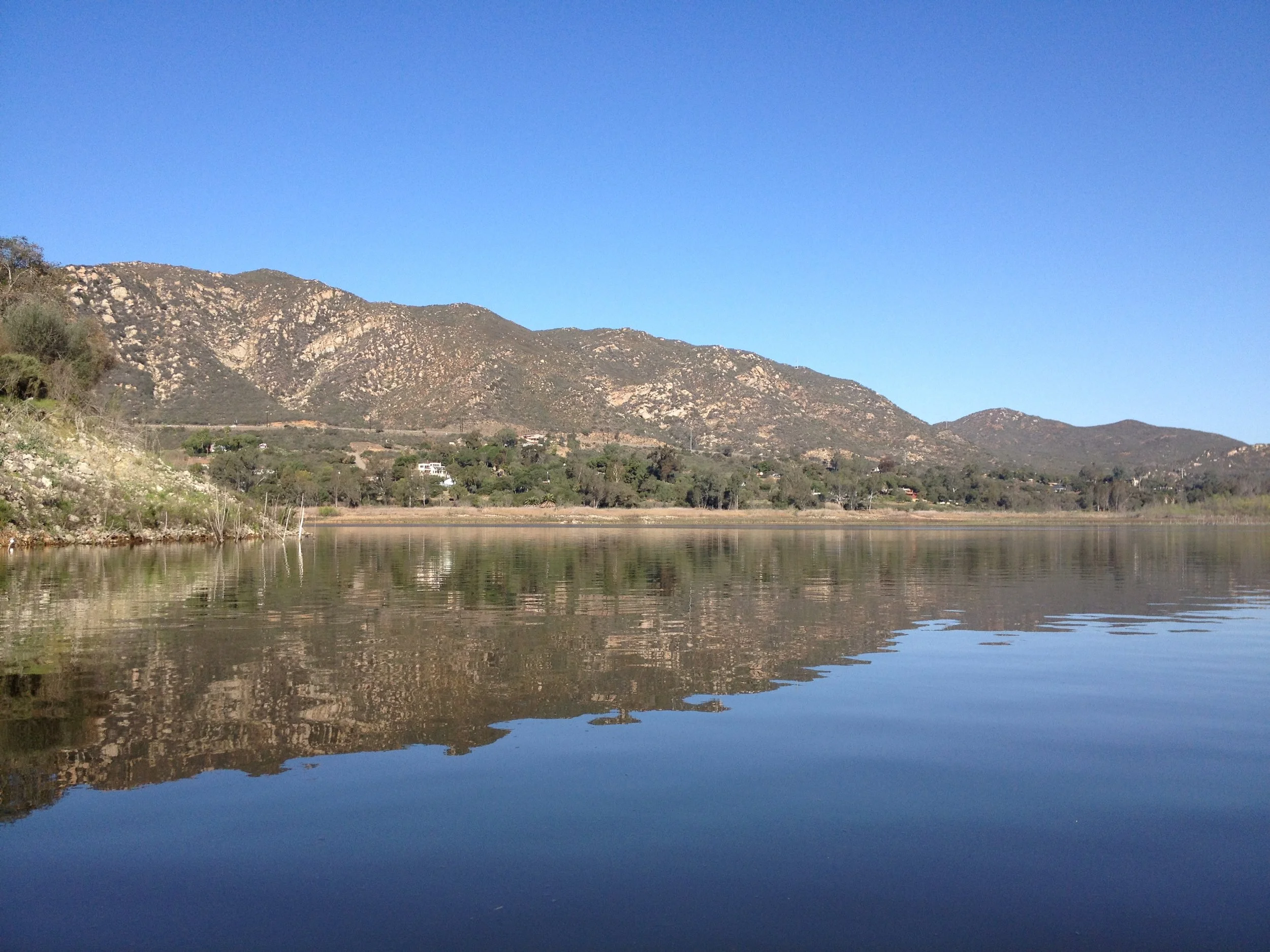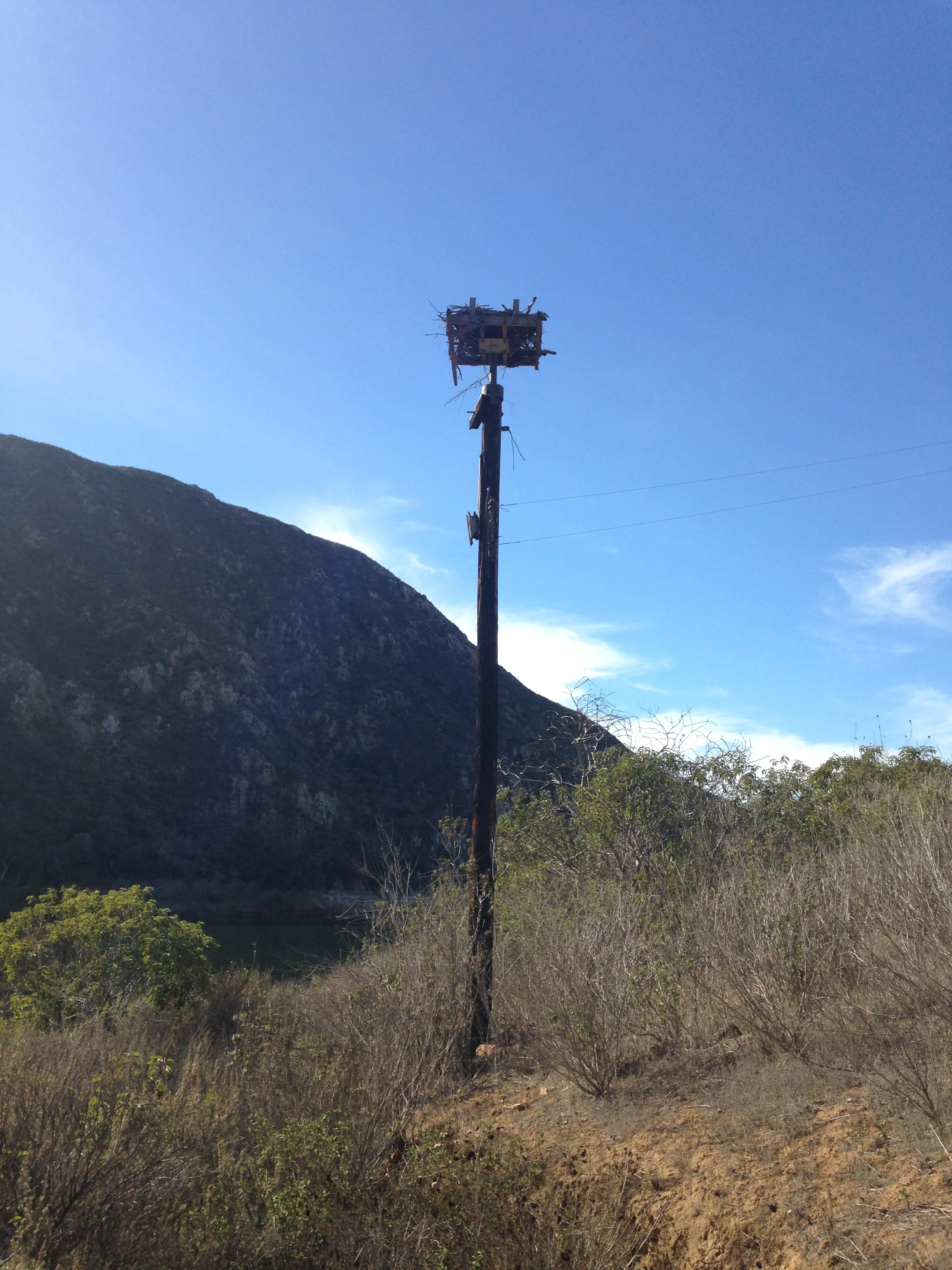Frequently Asked Questions
Why remove eucalyptus trees?
Eucalyptus is targeted because of their ability to replace native plants.
They grow rapidly and thickly, outcompeting native plants for water and sun. Their dropped bark and leaves contain chemicals that inhibits the growth of other plants. One of the biggest environmental threats posed by eucalyptus is that they can radically change a landscape’s natural fuel cycle. The tree’s bark and leaves provide abundant fuel along with a way to carry fire up into the tree tops where embers can be carried for miles in a strong wind. Fires burn hotter when eucalyptus is involved, causing more damage to other flora, including oaks. Unfortunately, fire actually increases eucalyptus’ spread through a native habitat as they have the ability to resprout and grow much faster than native plants.
Eucalyptus generate abundant seed. As recently as the early 1990’s there were few tall eucalyptus on the North Shore of lake Hodges. Once the cattle no longer grazed in the late 1970’s and the lake level rose, the eucalyptus took hold of acreage that can support diverse range native plants.
Finally, Eucalyptus is a bad actor in fire and contributed to loss of 23 homes in and around Del Dios in the 2007 Witch Creek Fire.
The City of San Diego has addressed concerns raised about removing the trees and can be read in this pdf document: City responds to concerns about the Oak Woodland Fire Fuel Reduction Project at Hodges
What trees will replace the eucalyptus?
Oaks, Willows and Sycamores. Both Willow and Sycamores can grow 3-7 feet/year. Oaks have a slower growth rate, but are worth the wait.
What can I do?
Please: Do Not Move Oak Firewood into our communities!
The Gold Spotted Oak Borer, is an invasive pest contributing to oak trees dying in San Diego (Julian and Ramona), Riverside and Orange Counties. Goldspotted oak borer (GSOB) larvae remain in cut oak logs and firewood from GSOB-killed trees or green infested trees and are a continual threat of further infestation. Don’t buy oak firewood!
Goldspotted oak borer beetle.
Courtesy Center for Invasive Studies Research/UC Riverside Mike Lewis
Progress in Action
This gallery contains images of the Oak Woodland Fire Fuel Reduction Project progress, events and notable moments. Click images to enlarge.



















